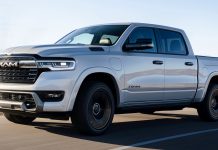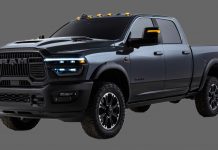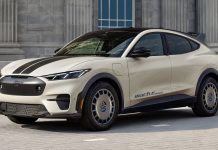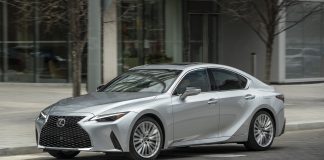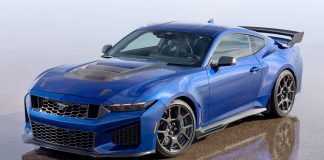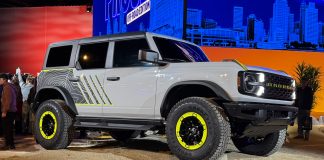In the fast-paced world of motorsports, the roar of engines and the thrill of competition have long been the main attractions for fans worldwide. However, as the automotive industry pivots towards sustainability and eco-conscious solutions, motorsports properties like NASCAR find themselves at a crossroads, balancing tradition with innovation to stay relevant in an evolving landscape.
The rise of hybrid and electric vehicles (EVs) has not only reshaped the consumer automotive market but has also prompted motorsports giants like NASCAR to reassess their approach to engine technology. Traditionally powered by V8 gasoline engines, NASCAR cars have lagged behind the advancements seen in everyday vehicles, limiting their appeal to manufacturers and environmentally-conscious fans.

To expand its roster of manufacturers, NASCAR has engaged in discussions with industry giants like Honda, signaling a potential shift towards a more diverse and inclusive lineup. Persuading manufacturers to join the ranks hinges on NASCAR’s ability to craft a compelling narrative around hybrid technology and sustainable fuels, addressing prospective partners’ performance and environmental concerns.
Moreover, NASCAR’s efforts to attract new manufacturers extend beyond mere discussions. The organization is actively exploring avenues to tailor regulations and technical specifications to accommodate hybrid powertrains. It provides a welcoming environment for manufacturers eager to showcase their innovative solutions on the race track.
The involvement of established manufacturers like Chevrolet, Ford, and Toyota, stalwarts of NASCAR’s history, further emphasizes the industry’s commitment to embracing hybrid technology. These iconic brands have long been synonymous with NASCAR racing, and their endorsement of hybrid powertrains signals a significant shift toward sustainability in the sport.

Furthermore, Dodge has been another manufacturer in recent years, showing promise about a potential return. If a hybrid powertrain were to forward, Dodge could want to have their new Charger at the forefront.
Hyundai has also emerged as a potential contender in NASCAR’s quest for hybrid excellence. With its cutting-edge approach to electric and hybrid vehicles, Hyundai represents a promising addition to NASCAR’s stable of manufacturers, further bolstering the sport’s appeal to a modern audience.


